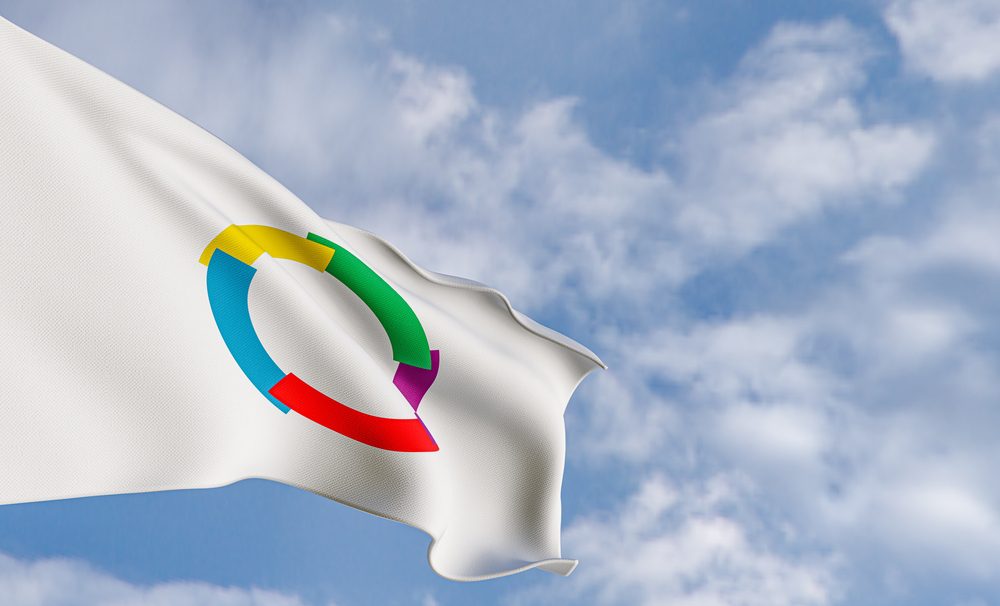
The city of Djerba in Tunisia hosted the 18th international summit of La Francophonie, a gathering of French-speaking countries from around the world under the aegis of France. This world conference, which took place on the 19th and 20th of November, provided the occasion for French President Emmanuel Macron to denounce for the first time, in very explicit terms, Russian interference in Africa. Macron exposed Moscow as orchestrating a policy of destabilisation of the African continent in direct contradiction with French policy and interests.
The International Organisation of Francophonie (Organisation Internationale de la Francophonie, or OIF), is a gathering of countries around the world united by their common use and promotion of the French language. A cultural organisation created in Niamey, Niger, in 1970, under the governance of President Georges Pompidou and Minister of Culture André Malraux, it is intended to be a kind of counterpart to the Commonwealth, and notably brings together a number of states that were former colonies of France. It is often criticised within certain sections of French and international public opinion, insofar as it favours the maintenance of a ‘neo-colonial’ type of dependence between France and its former territories.
On the sidelines of the Djerba summit, Emmanuel Macron was asked about the persistence of these controversial links between France and Africa, sometimes summarised by the negatively connoted expression ‘Françafrique,’ based on the French wordplay of ‘France à fric‘ (referring to the corruption through money, or fric, that plagues relations between France and Africa).
Emmanuel Macron vigorously defended himself against these accusations by pointing to the role of influencers sponsored by Moscow to spread a discourse of denigration against France. “This perception is fed by others, it’s a political project,” Macron told TV5 Monde in an interview. “I’m no fool, many influencers, sometimes speaking on your programmes, are paid by the Russians. We know them,” he said.
Today, President Macron explained, France is the object of attacks in order to destabilise France, its army, and its geopolitical influence in Africa. “A number of powers, who want to spread their influence in Africa, are doing this to hurt France, hurt its language, sow doubts, but above all pursue certain interests.”
Emmanuel Macron’s retort is based on proven facts, namely Russia’s intervention in strategic areas where France was traditionally involved, such as Mali, the Central African Republic, and recently, Burkina Faso, which has just experienced a succession of coups d’état encouraged by Russian agency through the actions of the paramilitary group Wagner. Moscow has defended itself from any interference, but Macron has hammered home his accusations, describing the Russian attitude as “predatory.” So far, Emmanuel Macron’s African policy has been characterised by a series of successive setbacks—evident in a loss of influence and an inability to regain the upper hand in terms of diplomatic initiatives.
The interview on TV5 Monde shows a significant change in tone, which may perhaps augur a change in policy.
